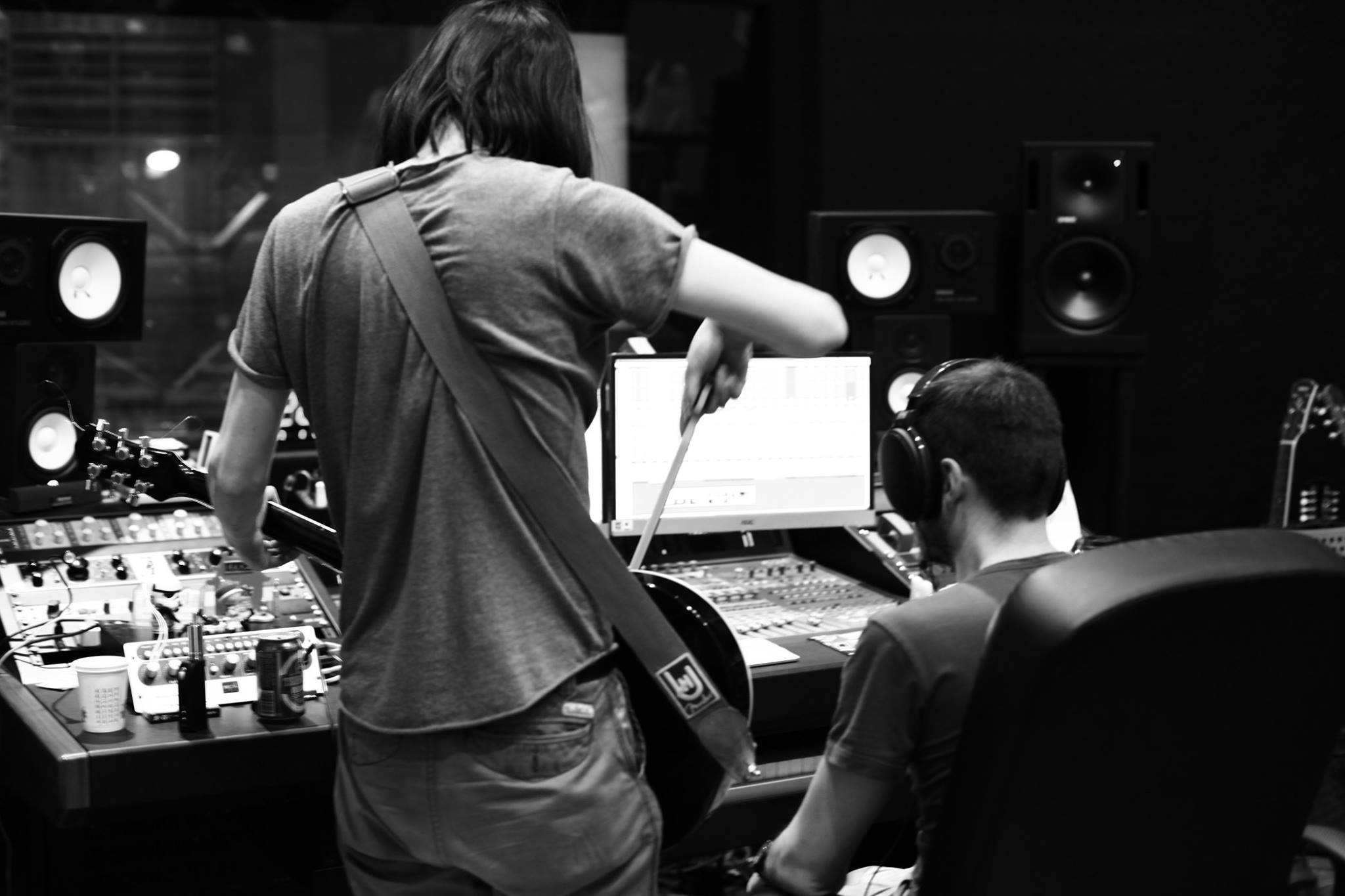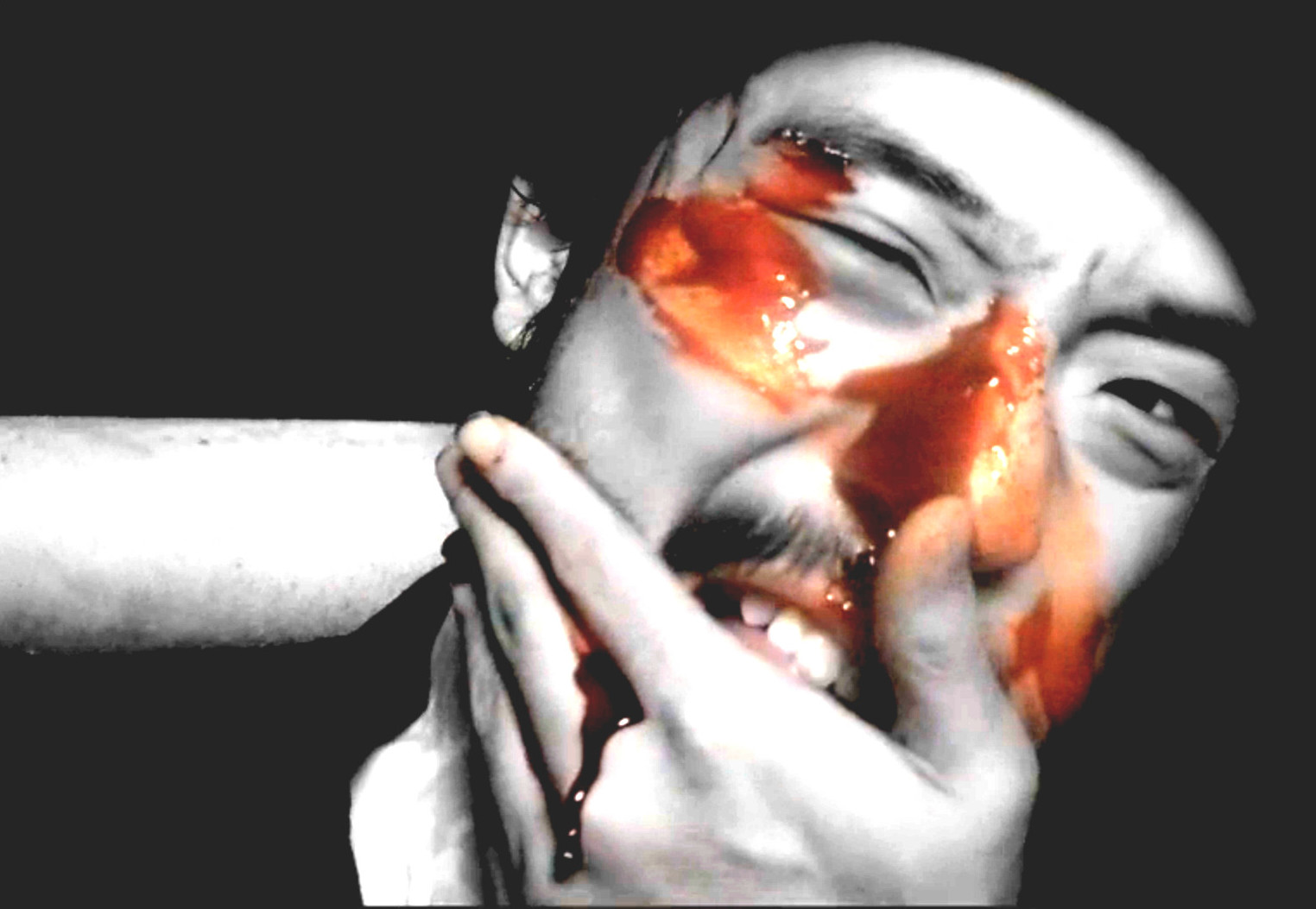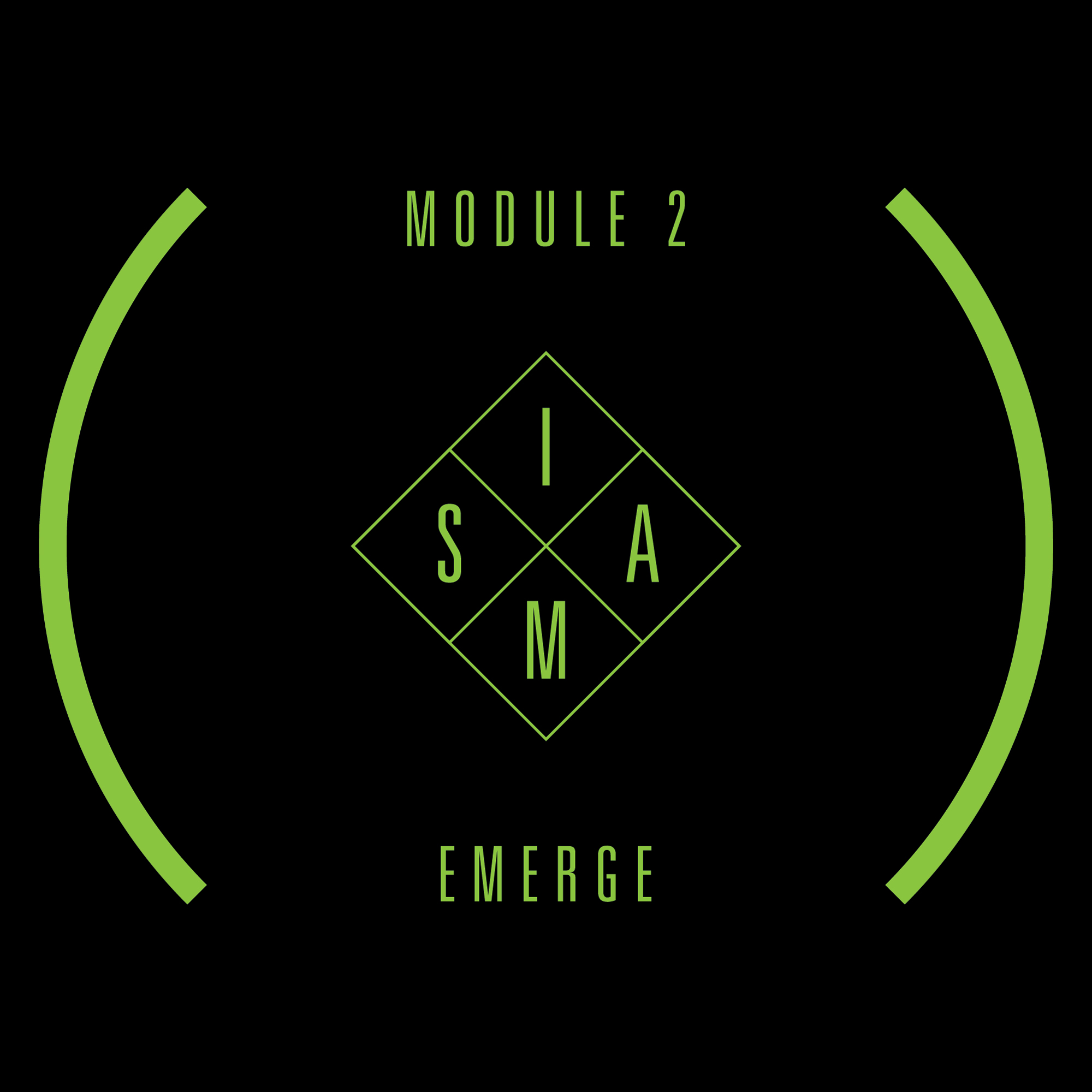采访:Xie Yugang, Wang Wen
By Josh, 2016年 5月 18日
《 中文采访在豆瓣音乐 》

Trawling through pangbianr memory lane, I recently rewatched our 2010 video interview with Xie Yugang, frontman of Dalian post-rock titans Wang Wen, trusty screwdriver in hand even then. Five and a half years on, Wang Wen is undoubtedly one of the biggest success stories to come out of China’s flourishing underground rock scene. They’ve headlined festivals internationally and effortlessly pack out mid-sized venues at home, riding the crest of China’s rising wave of post-rock fanaticism.
Wang Wen has just put out their latest studio album, Sweet Home, Go, recorded during the frigid dongbei winter in an abandoned theater. On a recent trip to Dalian, I sat down with Xie at Echo Library, a space that he runs with his wife Linlin, to discuss Wang Wen’s meteoric rise over the last few years, the new ideas and instrumentation to be heard on Sweet Home, Go, his side project with Beijing indie rock figurehead Yang Haisong, White Shirt, and a recent trip the band made to play for their fans in Nepal.
***
pangbianr: Can you talk a bit about the time between Wang Wen’s previous album, Eight Horses, and Sweet Home, Go? How did you go about putting together the new album?
Xie Yugang: We started writing songs for the new record during the Eight Horses tour. We always want to do something different for each record, and we always want to explore new aspects of our music. In the creation of this record, we gained a new horn player, and we also had a feeling that the current lineup, the current instrumentation, couldn’t live up to our expectations. So we added on a cello player as well, and I made our keyboard player pick up the violin. He’d learned to play violin when he was a kid, but had forgotten it. So we made him pick it up again.
It turned into this period of trying different things. Eight Horses was a collection of eight songs jumping around genres and styles. With this new record we want to explore a single, linear style. It’s more ambient. The record was put together over the course of a year. All of the songs are pretty long and ambient. We got the demos ready last summer, and kept changing different aspects of the songs.
The key opportunity came when we did our European tour last June, and we met with a Belgian producer named Wouter. He mixed two of the songs on Eight Horses, so he knew about our work, and we’d had previous contact. But during the European tour we met and talked face to face, and realized we probably have a deeper connection and similar views on music. Wang Wen as a band previously had never had an album producer. We always get different mixing engineers for different songs, but no producer overseeing the whole process. So that’s when we decided to bring Wouter in.
He got the demo six months before we actually recorded the final version, so he had time to think about how he wanted to put it together as a whole album. Finally in January we invited him over to China. He has a condition and had to come with his little brother, he calls him his “other ear.” His brother is a really nice drummer. So both producers came, and they rented a recording studio inside a theater and did the whole album in ten days.

stream Sweet Home Go here
pbr: What was it like your first time working with a producer?
Xie: It was a good experience for all the band members working with Wouter and his brother, Lode. Previously when we recorded a Wang Wen album, we’d rehearse a lot, and when we think everything’s ok, we’ve arranged all of the songs ok, we’d just go ahead and record, simple. But the problem is that we practice the final version so many times, everybody gets used to the song. You can’t change it because every change has already been made during rehearsal.
Working with Wouter and Lode, they’re very professional, they gave us lots of suggestions. I think the most important suggestion was that they thought we seven band members put too many ideas into each individual song. They said we should reduce it, make it neat, tight.
On the first and second day of recording, we couldn’t get used to it. Since we’d already gotten used to the songs the way they were during rehearsal, we couldn’t change it easily, it was uncomfortable. But in the recording studio, finally we realized that he’s right. We can make our songs different, more focused. He’s the producer, we should take his good suggestions. So I think he made the album much more logical.
pbr: You just mentioned that you added a horn, cello and violin, and I’ve also seen photos from the studio sessions with vibraphones and other instruments. How much of that was your plan before you recorded, and how much was improvised after you started recording?
Xie: Actually before recording we had prepared all of that. Before the recording, the producer already had the demo, so he brought a lot of different microphones, small amps, and instruments he thought we could use on the album. So we all prepared for that.
But one interesting thing is that the recording studio was located in a theater, a very big theater. So both of us, the producers and the band, thought that we should get full use of the difference between this theater and other studios. We wanted to make the songs taste like they’re from this studio.

Xie: So we tried to use a lot of different spaces within the theater, make some different reverbs, different ambient sounds. It was very interesting. We tried a lot of experimental sounds. The actual recording only took five or six days, for the rest of the time we just tried some different sounds. Sometimes we failed, it didn’t fit. But sometimes we caught some really interesting atmospheric sounds.
We recorded on stage, but actually it’s located in the backstage of the theater. So there were a lot of big hallways, very tall ceilings. We really wanted to make a recording on the stage itself, but we’d have needed a 100-meter microphone cable, so we just gave up.
One day, there were some traditional Chinese musicians playing there. We noticed them backstage, and the producer said, “Why don’t we ask them to join us, to jam and record a session.” So I asked them if they minded joining us, they were really nervous. They said, “No, we have a show tonight. We cannot do that!”
pbr: What about the live version of the album? Do you have any special plan for the release tour?
Xie: Our drummer will have a baby in the summer. It’s bullshit! [laughs] All of our plans were broken up, we have to do the tour in two sessions. From May 20 to June 15 will be the first session, and then after he has the baby and takes care of the baby, in late October we’ll start the second half. Hopefully we’ll get good contacts from our booking agent in Europe and make another European tour next spring or summer.

pbr: How was your experience touring Europe last year?
Xie: It was our third time touring Europe, but last time was the best time for us. Jef from New Noise arranged the tour, he worked it out quite well. Everything went smoothly. The band pg.lost from Sweden, they’re our really good friends, they helped us a lot with backline, arranging the tour van. Their guitar player, Gustav, he was even our driver. He roadied for us.
pbr: Why are you doing two shows in Beijing on this tour, back-to-back at Yugong Yishan?
Xie: That’s a good question. All of us have had a bad experience watching a show at Yugong Yishan. I still remember, several years ago when Mono played for the first time in China, I went there… what the fuck?! There were almost 800 people there. I just stood at the door and watched the band on a screen, like, “What are they fucking doing? Who’s on stage?” And also when Swans played last year, I could only watch them on screen. It was a very bad experience for us.
So I talked with our manager Sun Yi, and we thought we should change that, let the audience enjoy the show and feel comfortable. We hope to have 500 people maximum at each show, everybody would enjoy the show more that way. And also because Wang Wen hasn’t played in Beijing for one and a half or two years, I thought that we should prepare well for that.
The two shows will be different. The new album is pretty long. The capacity of a CD disk is 74 minutes, and our album is 73 minutes. It’s long. I can understand that people also like our older music. I’m the musician playing on stage, but I’m also the audience, watching my favorite bands, you always want them to play some old songs that you’re familiar with. I can fully understand. So in the two shows we’ll have different set lists. We won’t play the full new album in one show, we’ll play some old songs to let people enjoy it.

pbr: I want to ask about your experimental side project with Yang Haisong, White Shirt. How did you get the idea to start this project? What musical ideas do you put in there that you don’t put into Wang Wen?
Xie: You know, Wang Wen is seven people, we have really different tastes in music. We’re a democracy. Everybody has the right to play what he likes, and in the end we vote what is right or not right, what should change or not change. We work the band this way, we jam together to get a small part that everyone thinks is OK, and we develop a song from there.
But for me, for the past three years, I’ve focused on ambient stuff, minimal music. I like it so much. So I wanted to try something different. But for the band, sometimes the real ambient stuff is a little bit boring, to be frank. Seven people doing such slow, atmospheric stuff is too boring. But for me, I think it’s really nice. So I just play a solo project.
In the wintertime last year, I played at XP in Beijing, and Yang Haisong was there, he watched the show. After the show, he said, “Why don’t we do some jam session and record it after Chinese New Year?” And I said, “Alright, just come!” It was interesting, because I was in charge of the ambient stuff, I made the background sound sweet and nice, and Yang Haisong was in charge of making the harsh noise, the guitar feedback. And Yang is a good writer, he read his poems on the recording. It’s interesting. Every time when I finished my part and I watched him in the studio, reading his poem, I thought it was so nice. I enjoyed it.
pbr: Do you plan to record again or was it a one-off project?
Xie: Yang is a really busy, busy guy. Also a businessman. I’m also busy. But we both like each other’s ideas, so I think the project will continue if we have a little spare time. I like the way we work together. We just worked three days, four days, and he goes back to Beijing, and then in one week he’ll edit everything. So we will continue with that, yeah. Yang even thinks we should do a tour as White Shirt, but PK14 will have a new album this year, so we can’t find much time to play together. But I think we’ll do it later. Yang told me, “Xie, it’s good, because the band is only two people so we can get some money!”
pbr: The Chinese title of the new Wang Wen album — 《岁月鸿沟》— and the title of its first single — “21世纪不适症”; “Lost in the 21st Century” — are both closely tied to the theme of time. Can you expand a bit on your choice of theme for the album?
Xie: The album name is 《岁月鸿沟》 in Chinese, in English it’s Sweet Home, Go. The same sound, same pronunciation, not a literal translation of the meaning. The reason I gave it this English name is that I think the Chinese meaning sounds too old. My feeling is not about people getting old, not that I’m getting old, but when I look at the past and compare it with the development of the internet, the development of cell phones, it feels like time is accelerating. When I look back, I think you can get a new rhythm, to do everything, for life, you get your own rhythm. But now it’s changed. You have to follow the rhythm of the world.
That’s the feeling I’ve gotten over the past two or three years. I think this is good for the new songs for the album. But I just think the Chinese name is a little bit dark and heavy, so one day I was driving home, and I thought, “How to translate ‘岁月鸿沟’ into English? The gap of time?” So I was playing with it and I decided on Sweet Home, Go.
pbr: Wang Wen recently traveled to Nepal to play a charity show. How did you get that opportunity?
Xie: It’s a long story. We have a big fan in Nepal, he runs a company that makes videos. Last April when the big earthquake hit, he emailed us. He’d made a video one month after the earthquake to cheer people up, because it was so devastating. So he shot a video to cheer people up, to help the rebuilding process. He’s a big fan of Wang Wen, and he asked if he could use our music in his video. At the time I thought, “This is the best thing we can do as musicians, to help people.” So I said of course he can use our song.
So he used the music in his video last year. After that, he said, “Why don’t you come to Nepal to play a show here? A lot of people would enjoy your music.” At the time we were just preparing the new songs, so it wasn’t a suitable time for us. But last month, they wanted to do something to commemorate the one-year anniversary of the earthquake. As part of that he wanted to make a concert for us there. And we thought that we should do it. All of the ticket sales went to the people who need help there.
***
Catch Wang Wen at Yugong Yishan on Saturday May 21 and/or Sunday May 22. If you’re elsewhere in China, catch their full tour itinerary here.







